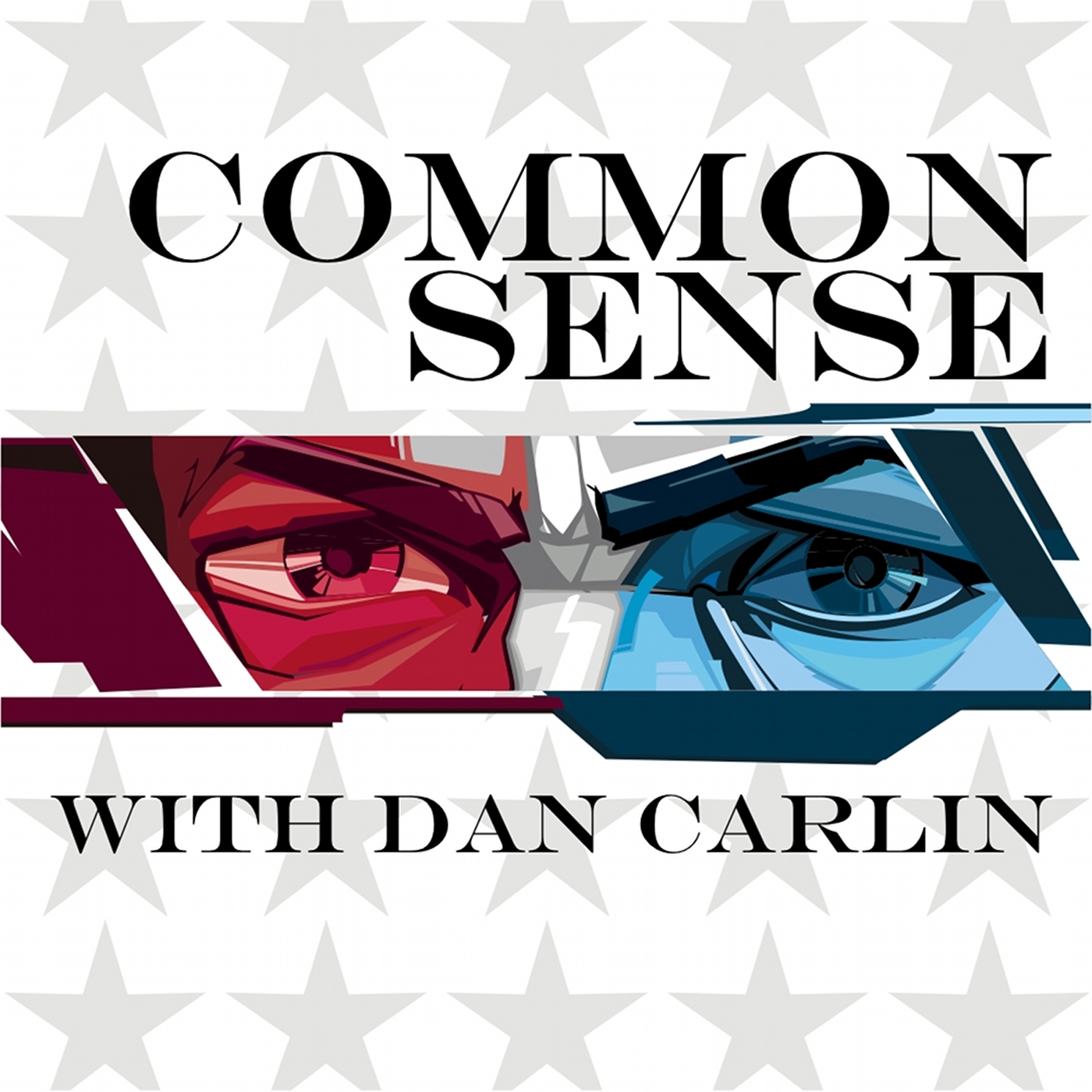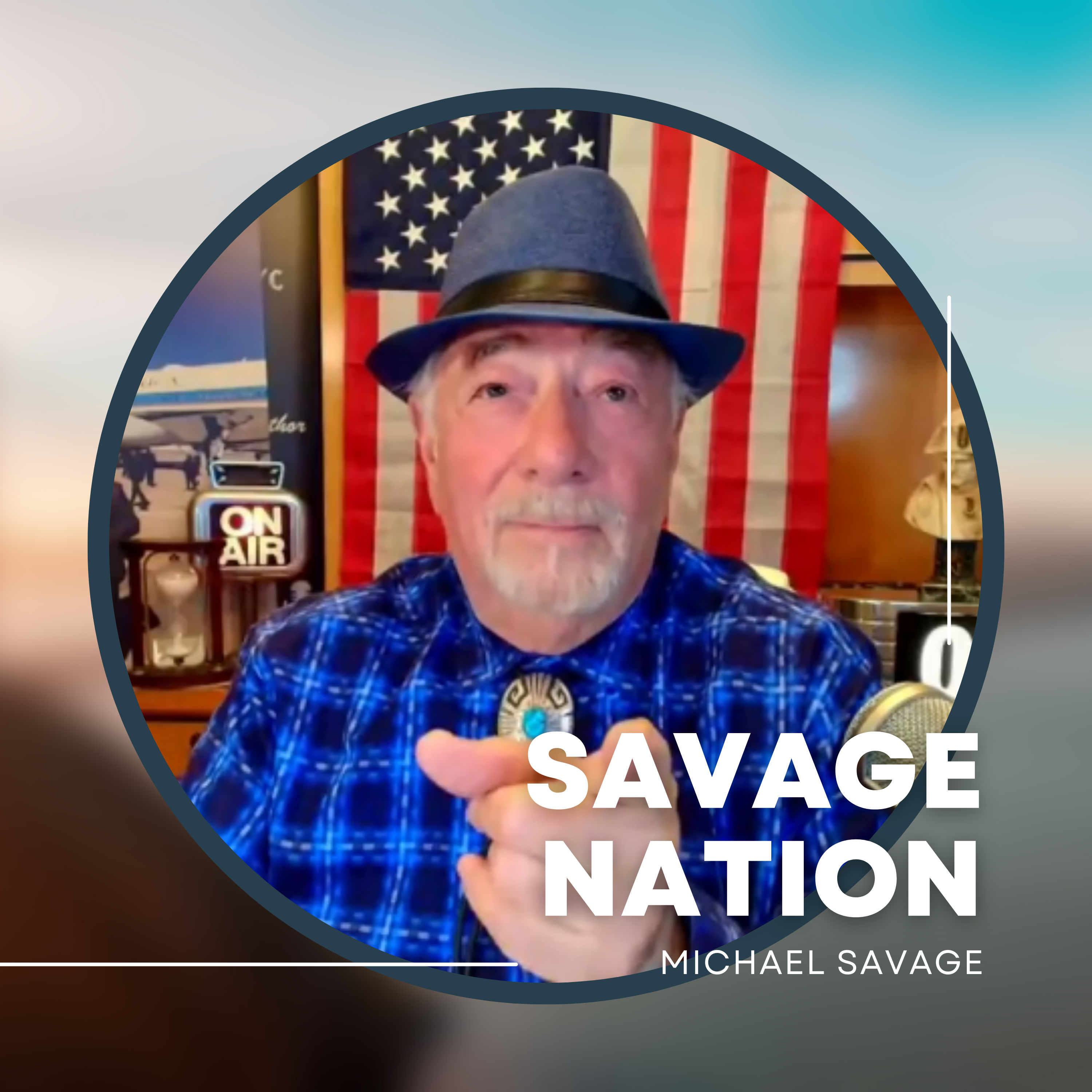
A Think First Podcast with Jim Detjen
Think First is a short-form podcast that makes you pause — before you scroll, share, or believe the headline.
Hosted by Jim Detjen, a guy who’s been gaslit enough to start a podcast about it, Think First dives into modern narratives, media manipulation, and cultural BS — all through the lens of gaslighting and poetic truth.
Some episodes are two minutes. Some are ten. It depends on the story — and the energy drink situation.
No rants. No lectures. Just sharp questions, quick insights, and the occasional laugh to keep things sane.
Whether you’re dodging spin in the news, politics, or that “trust me, bro” post in your feed… take a breath. Think first.
Visit Gaslight360.com/clarity to sharpen your BS filter and explore the 6-step clarity framework.
🚨Distorted (Advanced Copy) is set to release on October 14, and pre-orders are now available on Amazon and Barnes & Noble.
Reserve your copy today — and join me in cutting through the distortion.
Paperback and Kindle: Amazon
Hardcover: Barnes & Noble
A Think First Podcast with Jim Detjen
#64 Cursive · The Poetic Truth Behind Its Erasure
Cursive wasn’t just elegant — it was untraceable.
So why did American schools suddenly erase it… while students in France, India, and China still learn it today?
In this episode of Think First, we examine the poetic truth that cursive was “outdated” — and expose what was really lost when we stopped teaching it: historical memory, cognitive depth, and analog privacy.
Could this have been about more than efficiency?
What if cursive didn’t die…what if it was killed?
🎙️ Subscribe, share, and rate the show — then ask someone under 25 to read the Constitution.
Stay sharp. Stay skeptical. #SpotTheGaslight
Read and reflect at Gaslight360.com/clarity
This is Think First, where we don't follow the script. We question it Because, in a world full of poetic truths and professional gaslighting, someone's got to say the quiet part out loud. Why did we stop teaching cursive? I mean really, was it just because kids didn't need it anymore? Or was there something more deliberate at play? Because here's the thing Cursive is one of the only forms of written communication that's uniquely human, uniquely unsearchable and, at scale, uniquely difficult to track. So was killing cursive just about convenience, or was it a quiet war on independent thought? Ask yourself who benefits when an entire generation can no longer read the founding documents of their own country in their original form? Who gains when personal letters, historical archives and handwritten journals become encrypted artifacts lost to time? Who wins when everything is typed, tagged, indexed and uploaded, and what does it mean when your handwriting, your physical signature of self, becomes obsolete? Let's rewind.
Speaker 1:In 2010, the Common Core standards dropped cursive from its national requirements and, almost overnight, entire school districts followed suit. The reason we were told it was outdated, that keyboarding skills were more relevant, that time was better spent on STEM. On the surface, that's fair. Sure, cursive isn't exactly job-critical in a Google Docs economy, but deeper down, something doesn't add up, because cursive isn't just about how we write. It's about how we think while writing. When you write in cursive, your brain fires differently. You form thoughts as flowing shapes, not as pixelated boxes on a screen. Studies from the University of Washington show that kids who handwrite essays generate more ideas and retain more knowledge than those who type. Even in adults, cursive activates parts of the brain tied to memory, emotion and motor function that typing simply doesn't. So if this is true, if cursive builds better cognitive scaffolding, why the rush to eliminate it?
Speaker 1:Here's where it gets weirder. When you erase cursive, you don't just simplify classrooms, you sever generational memory. Think about it the Declaration of Independence, the US Constitution, your grandparents' war letters, anne Frank's diary, martin Luther King Jr's handwritten sermons, even the notes your mom tucked in your lunchbox. If you can't read them, you can't fully understand them, and if you can't understand them, someone else gets to interpret them for you. That's not education, that's narrative control. It's no coincidence that cursive is hard for machines to read. Ocr, optical character recognition, has made huge strides, with typed fonts, even block print handwriting has become semi-trackable, but cursive Still a nightmare for digital scanning. Each person's cursive is slightly different Unique loops, angles, pressure.
Speaker 1:In a world where everything is surveilled, backed up and metadata tagged, cursive is the last analog cipher. It's the ink trail of an untraceable mind. So maybe the death of cursive wasn't just an accident, maybe it was a quiet compliance strategy. Remove the friction of analog, digitize the mind, standardize thought and package it up nice and tidy for algorithmic digestion. Because when kids can't write cursive, they also can't read cursive, and when they can't read cursive, they also can't read cursive. And when they can't read cursive, entire centuries of knowledge go dark.
Speaker 1:You want to talk about gaslighting? How about convincing an entire population that cursive was irrelevant right as digital surveillance became omnipresent? That's not just a bad call, that's poetic truth. With a stylus it feels efficient, it sounds like progress, but what it really does is slowly erase your ability to think in private. And when you can't think in private, you stop thinking for yourself. So the next time someone tells you cursive doesn't matter anymore, ask them this why are kids in France, india and China still learning cursive, while American students can't read their own constitution? Why did the CIA keep cursive training in its old field manuals? And why does every powerful signature in history, from Abraham Lincoln to Steve Jobs look like a squiggle, you can't type. From Abraham Lincoln to Steve Jobs look like a squiggle, you can't type. They told us it was about saving time, but maybe what they were really saving was control. The last privacy tool wasn't digital, it was already in your hand.
Speaker 1:I'm Jim Detchen and this has been. Think First. You don't need all the answers, but you should question the ones you're handed. Until next time, stay skeptical, stay curious and always think first, want more. The full six-step framework we use is at Gaslight360.com. You can also dive into the deeper story, the bio, the podcast and the mission at JimDetchincom. And if you like this one, tag it, save it, share it.
Podcasts we love
Check out these other fine podcasts recommended by us, not an algorithm.

The Megyn Kelly Show
SiriusXM
Hidden Brain
Hidden Brain, Shankar Vedantam
The Tucker Carlson Show
Tucker Carlson Network
Cato Podcast
Cato Institute
The Joe Rogan Experience
Joe Rogan
Common Sense with Dan Carlin
Dan Carlin
The Clay Travis and Buck Sexton Show
iHeartPodcasts
Revisionist History: The Alabama Murders
Pushkin Industries
Freakonomics Radio
Freakonomics Radio + Stitcher
Fearless with Jason Whitlock
Blaze Podcast Network
The Daily Beans
MSW Media
The Glenn Beck Program
Blaze Podcast Network
Countermine
Dondi&Karlin
The Shawn Ryan Show
Shawn Ryan
Left, Right & Center
KCRW
Political Gabfest
Slate Podcasts
Stuff You Should Know
iHeartPodcasts
TED Talks Daily
TED
The Fifth Column
Kmele Foster, Michael Moynihan, and Matt Welch
The Jesse Kelly Show
iHeartPodcasts
The Jordan B. Peterson Podcast
Dr. Jordan B. Peterson
